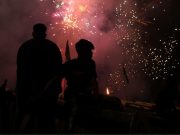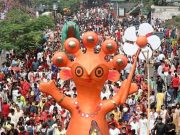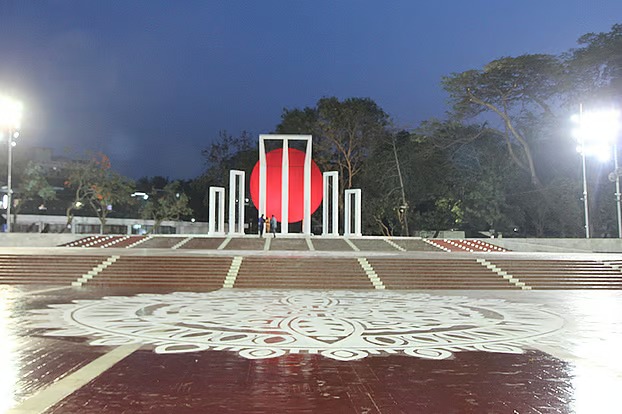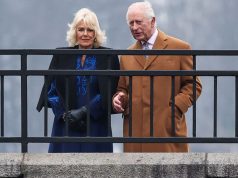A space in every individual’s heart is reserved exclusively for their mother tongue. They formulate their ideas, convey their innermost feelings, and share their happiness and sorrows with this language. As in a few instances of world history, the Bengali nation sacrificed their lives to struggle for their mother tongue relentlessly. History is, however, full of such uprisings in different parts of the world, so the Bengali nation is not alone in such a battle.
To replace Latin with English, English-speaking people in England had to fight in the 12th century. Likewise, the Bengali language had a bloody fight in the 1960s in the Barak Valley of Assam, India. However, the magnitude and mass involvement of the Bengali Language Movement set it apart.
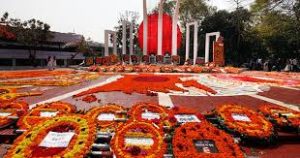
It radically transformed the political, social, and cultural landscape of Bengali society. The language movement inspired the nation, which eventually led to the independence of Bangladesh in 1971.
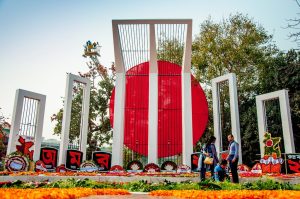 In addition to advocating for language rights, the Language Movement was a catalyst for more political, social, and economic consciousness. Students, teachers, intellectuals, peasants, and workers came together under one umbrella. The coming together brought about the sense of nationalism and commonality. In addition to empowering women, the movement opened the door to their more active participation in public life by dismantling society’s barriers against them.
In addition to advocating for language rights, the Language Movement was a catalyst for more political, social, and economic consciousness. Students, teachers, intellectuals, peasants, and workers came together under one umbrella. The coming together brought about the sense of nationalism and commonality. In addition to empowering women, the movement opened the door to their more active participation in public life by dismantling society’s barriers against them.
Rise of the middle class to power in society was likely to be one of the strongest results of the Language Movement. It changed the political landscape from the elite class to the masses, creating a more open and vibrant culture. Secularism was also promoted by the movement as individuals of different religions united for a particular purpose.

International Mother Language Day and Shaheed Dibosh (Martyrs’ Day) are commemorated annually in Bangladesh on 21 February. Besides recalling the blood offerings of the language martyrs, the day reminds the entire world about the significance of linguistic diversity. To Bangladeshis, it is an inspiration day, a reflection day, and a pride-giving day.
The initial step towards Bangladesh’s independence was the Language Movement. It instilled among Bengalis a sense of self-respect and identity that later propelled the 1971 Liberation War. As a testament to the power of solidarity, courage, and devotion to one’s mother language, the spirit of Ekushey (February 21st) never loses its power to inspire generations.




